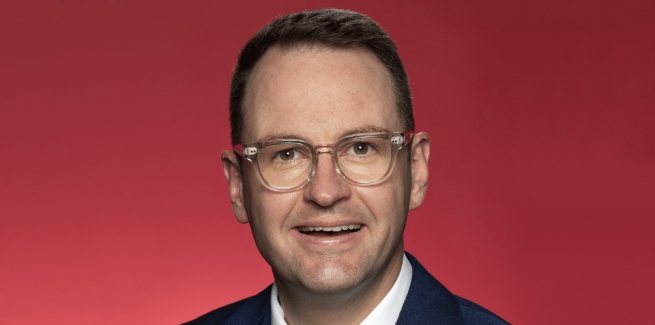The senator has issued a number of policy recommendations for the Liberal Party to adopt, as it considers where it stands with voters after the recent election, where it was ousted following a nine-year run (three terms) in government.
The Liberal Party should “pursue economic policy changes to shape the times”, Mr Bragg wrote, urging for the organisation to prioritise jobs, personal choice and agency, digital transformation, sovereignty and security, and protecting minorities.
Housing is among his 10 key suggested policy focuses for the opposition.
Among other pitches for housing policy, the senator has said the party should expand its election pitch of opening up superannuation savings for first home buyers to place towards housing deposits.
His thinking is that Australians should be able to tap into their super balances for their first homes “without heavy restrictions”.
“We must maintain the Australian dream through providing a pathway for Australians to access a home,” Mr Bragg wrote in his manifesto.
“Our three pillar retirement system is based around home ownership but it is plummeting amongst younger Australians.”
Former prime minister Scott Morrison pitched the Super Home Buyer Scheme days before the federal election took place.
The promise was that under a re-elected Coalition government, home buyers would be able to invest up to 40 per cent of their super to help with the purchase of their first property, up to a cap of $50,000.
The Liberal Party had argued the scheme would knock three years off the time to save a deposit, as research had shown the median time frame across the country to save a 20 per cent deposit had blown out to a record 11.4 years.
However, the proposed super for housing program came under scrutiny, with fears it would escalate property prices and leave consumers worse off in retirement.
CoreLogic also calculated that it would only allow first home buyers in the 25-34 age bracket with a median super balance of $25,000, to cover around 1 per cent of a house deposit.
An earlier report from think tank McKell Institute and the University of South Australia’s Centre for Housing had also cautioned that allowing prospective buyers to access $40,000 from their super for housing would bump up house prices by as much as 28.3 per cent.
During the election campaign, former minister for superannuation Jane Hume also conceded the super for housing scheme would push up house prices.
Stamp duty, state policies, city density also targeted
In his suggested policy reforms, Mr Bragg has also urged for federal action towards state governments, including action to drive states to replace stamp duty with a land tax.
Further, Mr Bragg has said the party should look to incentivise payments to state and local governments to have planned policies that promote home ownership.
He has also referred to the recent parliamentary inquiry into housing affordability and supply, noting its recommendation to incentivise higher density in cities.
The inquiry had additionally recommended that first home buyers should be able to use their superannuation savings as collateral for a mortgage.
Previously, the super for housing idea was heavily pushed by former Liberal MP Tim Wilson, who had interrogated the banks on how it could happen.
He had also suggested that super funds should not be allowed to invest in property, if Australians can’t use their retirement savings to buy a home.
However, Mr Wilson was one of a number of Liberal members who lost their seats during the recent election.
[Related: Treasurer Chalmers outlines economic priorities]
 ;
;
